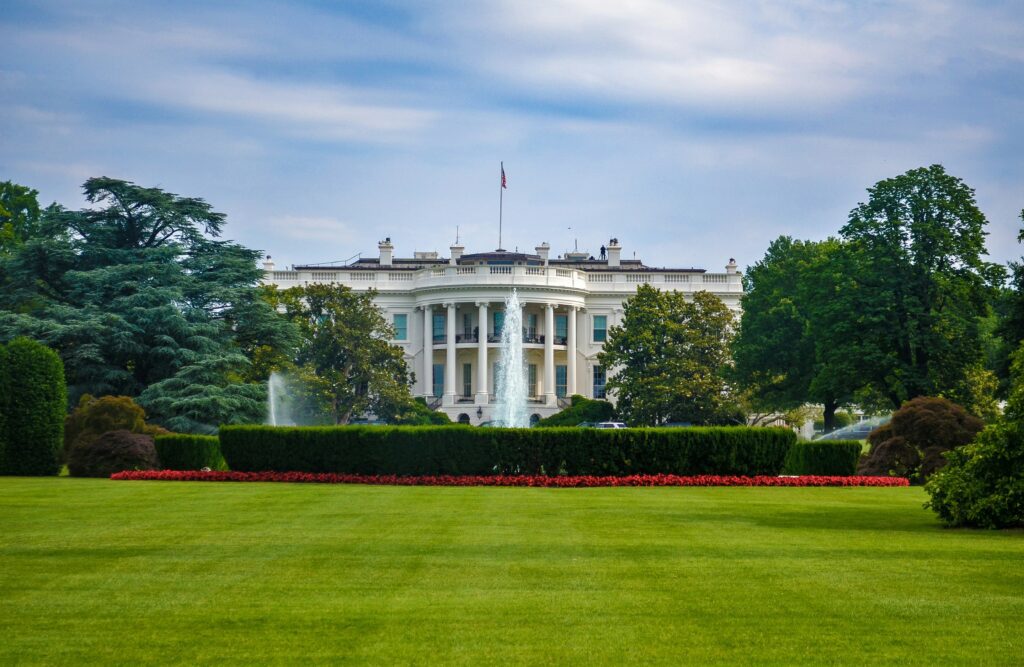By: Shawn English, with ChatGPT (-4.0), Open AI {https://openai.com}
American politics have evolved drastically, becoming a force that is reshaping not only the national debate but also the mental well‐being of millions. The increasing social divides, media narratives, and election cycles have all contributed to a climate of uncertainty, fear, and stress. This week’s blog explores how American politics affect mental health, outlines the framework behind these effects, and considers the broader societal impacts.
The current political state is characterized by polarization and relentless media coverage. Research shows that political events and debates have become a significant source of stress for many Americans. For instance, a study reported by the American Psychological Association found that nearly 40 percent of Americans view politics as a major stressor, with many experiencing symptoms of anxiety and depression as a direct result of political tensions. Constant exposure to news, social media, and political commentary contributes to an atmosphere where citizens constantly feel on edge.
One of the key drivers behind this phenomenon is the use of divisive strategies. Politicians and media outlets commonly focus on controversies and personal attacks rather than constructive policy discussions. This focus on conflict increases feelings of helplessness and insecurity among the public. Political polarization can create an “us versus them” mentality, escalating conflicts and leading to social isolation. For many individuals, particularly those with pre-existing mental health issues, these conditions can trigger or worsen anxiety, depression, and even posttraumatic stress symptoms.
Elections serve as a reminder of the broader political battles being waged. Recent elections have shown spikes in election-related anxiety, with data revealing that a significant number of voters experience anticipatory stress before, during, and after an election cycle. The uncertainty regarding policy outcomes and the potential for social change create a perfect set up for widespread mental distress.
Another emerging concern is the phenomenon of “hidden” political support. Some individuals—despite their private political leanings—feel compelled to conceal their true opinions for fear of social rejection or professional repercussions. This “closeted” political identity leads to isolation and the erosion of authentic interpersonal connections, further worsening feelings of anxiety and depressive symptoms. The difference between one’s public and private beliefs creates a cognitive divide that can increase stress and diminish overall well-being.
In addition to individual mental health consequences, the politicization of society has broader implications for community and public health. Political stress can spill over into family and workplace environments, contributing to strained relationships and reduced productivity. Families find themselves divided over political loyalties, which can lead to recurring conflicts and an overall decrease in emotional support. At the workplace, constant debates and political disagreements can create a toxic atmosphere that further strains mental health. Over time, these interpersonal disagreements can weaken relationships and reduce collective resilience against broader societal challenges.
The physical manifestations of political stress are also well documented. Chronic stress is known to disrupt sleep, elevate blood pressure, and weaken immune responses—all of which can lead to long-term health problems such as cardiovascular disease and metabolic disorders. When the stress associated with political conflict becomes a constant part of daily life, it not only erodes mental health but can even make individuals more susceptible to serious physical illnesses.
Despite these challenges, experts suggest several strategies to mitigate the mental health impact of American politics. One recommended approach is to set boundaries around news consumption. Limiting exposure to media and choosing reputable sources can help reduce the amount of anxiety-inducing information. Mindfulness practices, such as meditation and controlled breathing, have also been shown to alleviate stress and promote mental focus during political periods. Additionally, engaging in community discussions that emphasize respectful debate and shared values can foster a sense of connection and reduce feelings of isolation.
Political leaders and mental health professionals alike have a role to play in addressing the mental health crisis caused by political tensions. There is a growing need for integrating mental health considerations into public policy discussions. By acknowledging the psychological impacts of political decisions, policymakers can work toward strategies that not only promote economic or national security interests but also protect the emotional well-being of their own citizens. For instance, some push for the creation of public mental health initiatives designed to provide support during election cycles and other politically tense periods.
American politics today are affecting mental health in impactful and complicated ways. From the relentless exposure to polarizing media to the direct impact on vulnerable populations, political stress has become a significant public health concern. The chronic anxiety, social isolation, and physical health issues coming directly from an increasingly polarized political environment highlight the urgent need for both individual coping strategies and public policy interventions. As citizens and policymakers work together to create a more respectful and fact-based political discussion, there is hope for mitigating these mental health effects while also creating a sense of connection and fostering collective well-being.
Start Working with A Therapist in Boulder, CO
Our team of caring therapists would be honored to offer a supportive, understanding place to address the symptoms you experience most. You can start your therapy journey with North Boulder Counseling by following these simple steps:
- Contact us to request an appointment.
- Learn more about our therapists and play therapy
- Start coping with your mental health symptoms today.
Other Services Offered with North Boulder Counseling
Our team understands that you may experience multiple mental health concerns at one time. This is why we are happy to offer support for a variety of mental health issues with both in-person therapy and online therapy across the state. In addition to anxiety therapy, our team also offers depression treatment, play therapy, postpartum anxiety treatment, postpartum depression counseling, perinatal support, counseling for women, counseling for men, parenting coaching, grief counseling, trauma treatment and EMDR, depression treatment, teen therapy, and LGTBQ counseling. Please visit our blog or our about us page to learn more helpful information.




